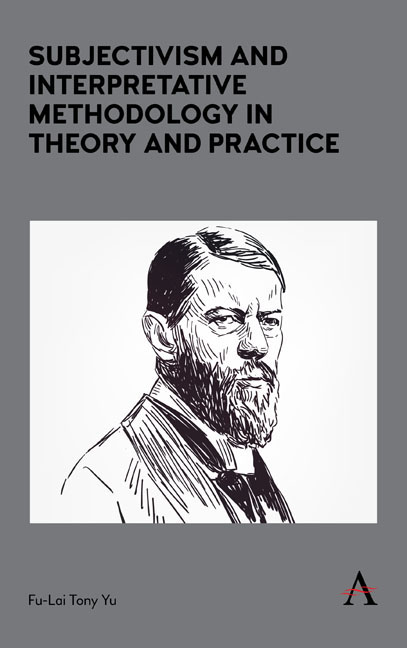8 - Expectation, Subjective Time Preference and Business Cycles
Published online by Cambridge University Press: 28 February 2020
Summary
Abstract. Knut K. Wicksell's contribution to monetary theory is well known in the history of economic thought. However, Ludwig M. Lachmann's theory of expectation and Frank A. Fetter's subjective time preference have received little attention so far. This chapter combines the contributions of Lachmann, Fetter and Wicksell to explain business cycles. The chapter starts with the exposition of role of expectation in the market process put forward by Lachmann in 1943. Lachmann took the view that in a world of change, the future is unknown but not unknowable. Facing genuine uncertainty, human agents act on their experience and form expectations, make plans and try to implement them. With limited knowledge, wrong expectations and misconceptions on the external world are normal phenomena in the real world. Wrong expectations are likely to be eliminated in the market process and the individuals must revise their expectations accordingly. The problem is why there is a collective of misconception about the future, or cluster of errors occurring at the same time. This chapter invokes the insight from Fetter and Wicksell to explain the formation of cluster of errors. Unlike mainstream neoclassical paradigm which argues that an interest is paid because of “the technical superiority of present over future goods,” Fetter argues that subjective time preference is the sole foundation for the explanation of interest rate. People prefer “present goods” to “future goods.” Time preference guides people’ consumption and investment, that is, consumption of present goods and future goods. The market interest rate is the collective time preference of human agents in the economy. More importantly, this ratio is out of the control of the monetary authority. It is impossible for the Central Bank to fix a proper interest rate. The result of Central Bank intervention can only lead to market participants’ wrong expectation and hence economic chaos. Integrating expectation and subjective time preference into Wicksell's contributions allows us to understand the formation of business cycle. In his “cumulative process” model, Wicksell classifies two types of interest rates, namely natural rate and the loan (market) rate. The natural rate of interest is determined by millions of individuals’ time preferences. Under Central Bank's expansionary policy, banks lend money out at rates substantially below the natural rate. This will create a wrong expectation from the public in general and consumers in particular.
- Type
- Chapter
- Information
- Publisher: Anthem PressPrint publication year: 2020



